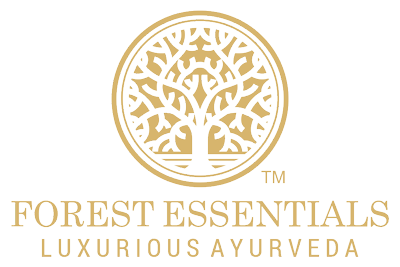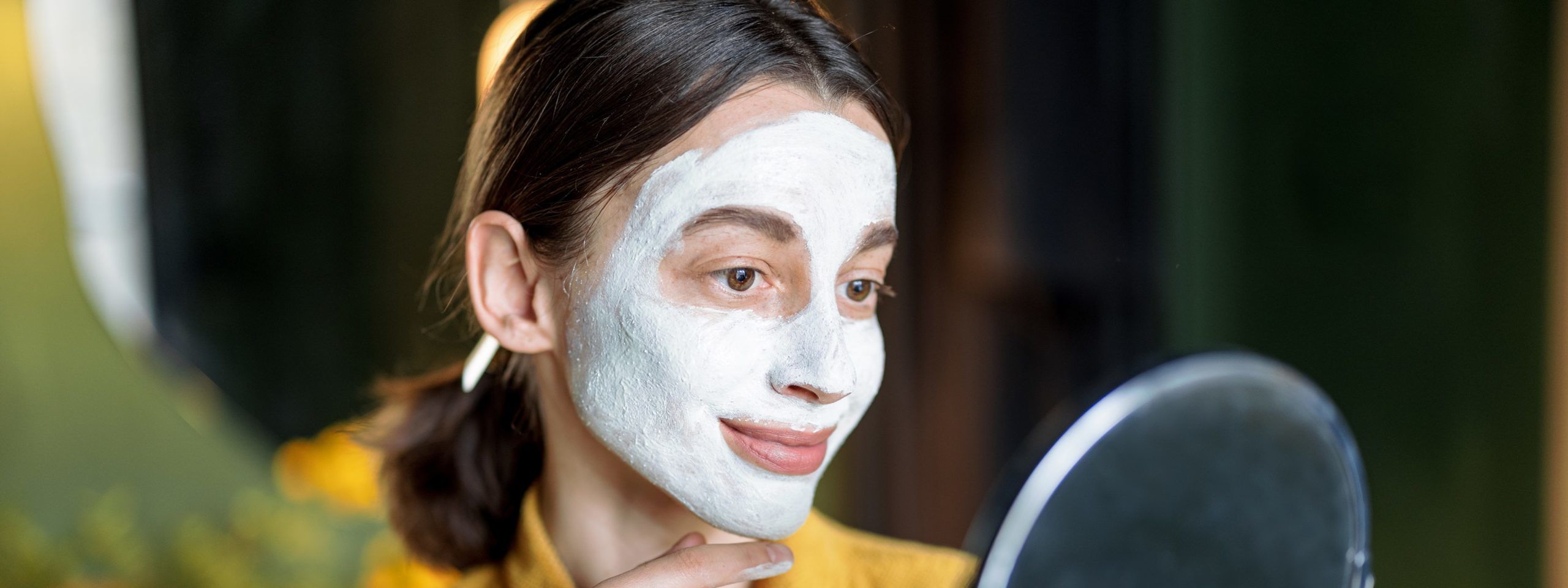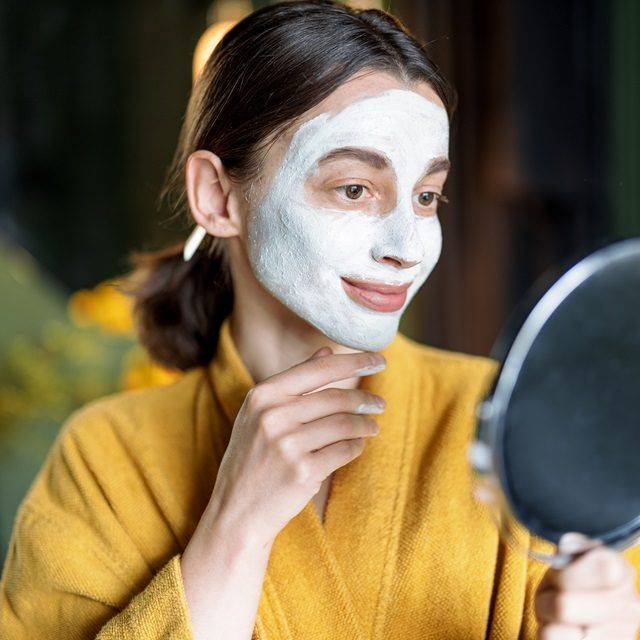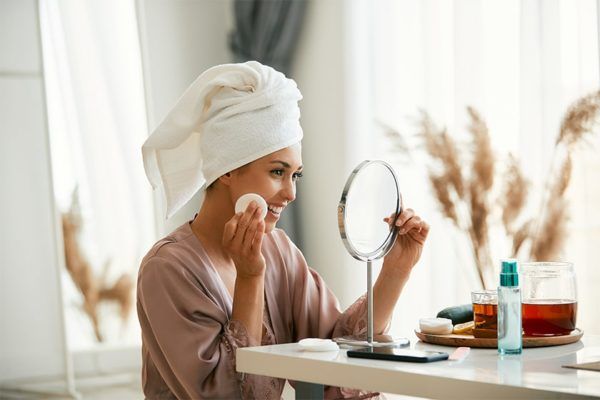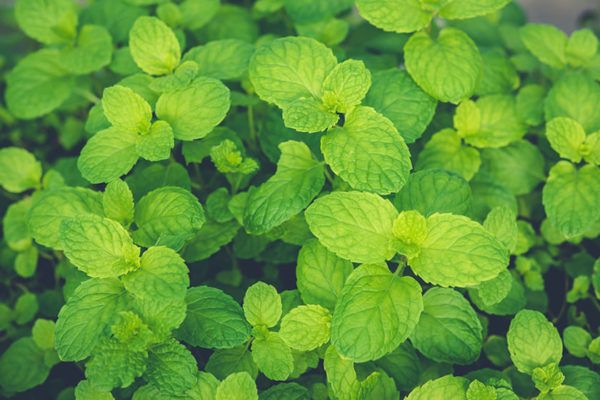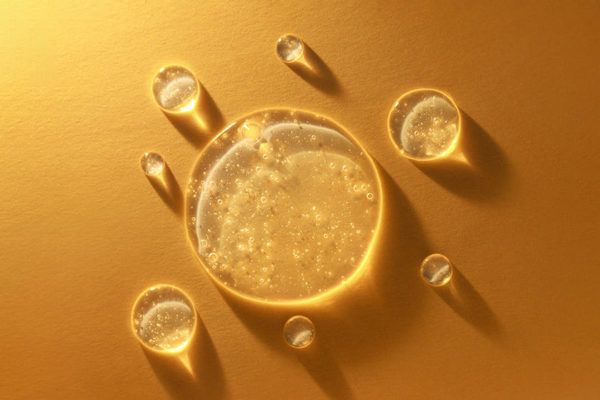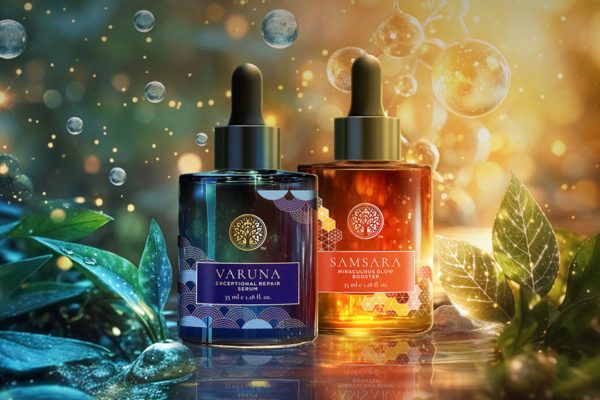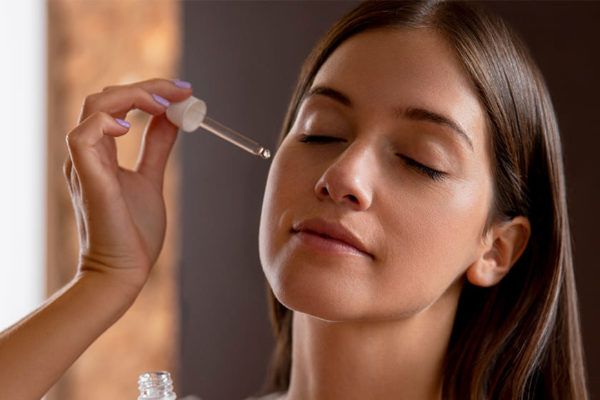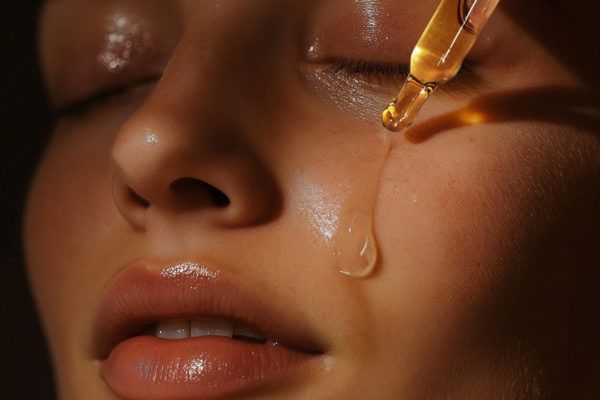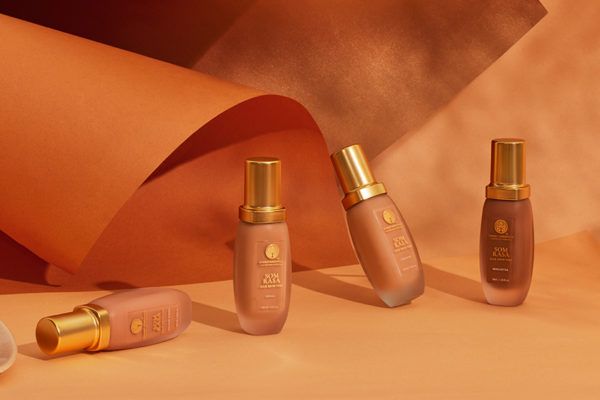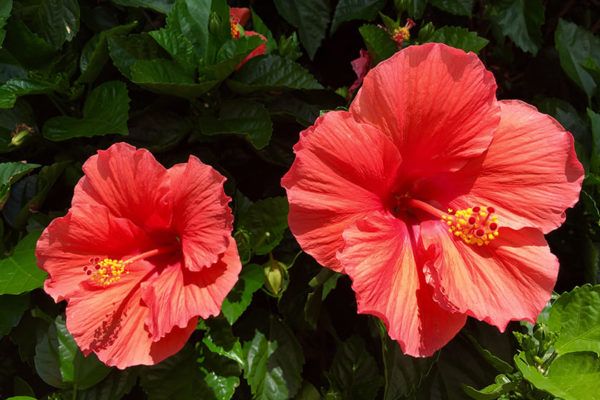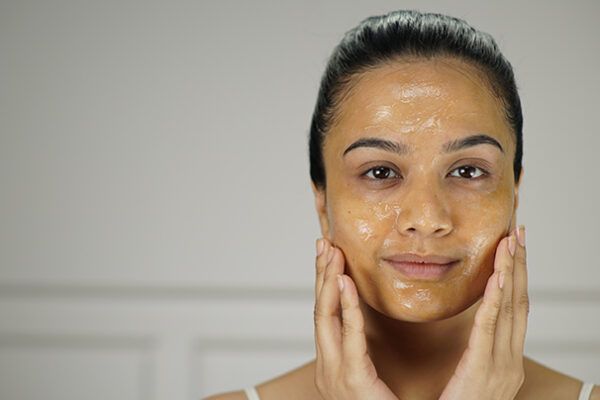As Indians, we’re well-versed in using homemade concoctions and pantry staples as face masks. These masks, particularly face masks for acne, deep cleansing, exfoliation, and dryness, are integral to our skincare routines. For acne-prone skin, the best ingredients include tea tree oil, neem, aloe vera, turmeric, and more, which help soothe inflammation, calm irritated skin, control sebum, and fade acne marks. From ancient recipes to modern renditions and spin-offs, there’s an array of blends cherished by natural skincare enthusiasts. To provide you with the most effective recipes and their benefits, we’ve curated a list of the best homemade face masks for acne.
What is Acne?
Our skin has pores that can become clogged with sebum, dead skin cells, dirt, and grime, leading to a condition known as acne. While most common among teenagers and young adults, acne can also affect adults. It is characterised by red bumps, often with a white or yellow head, or filled with pus. This inflammatory skin concern can generally be treated with simple topical emollients.
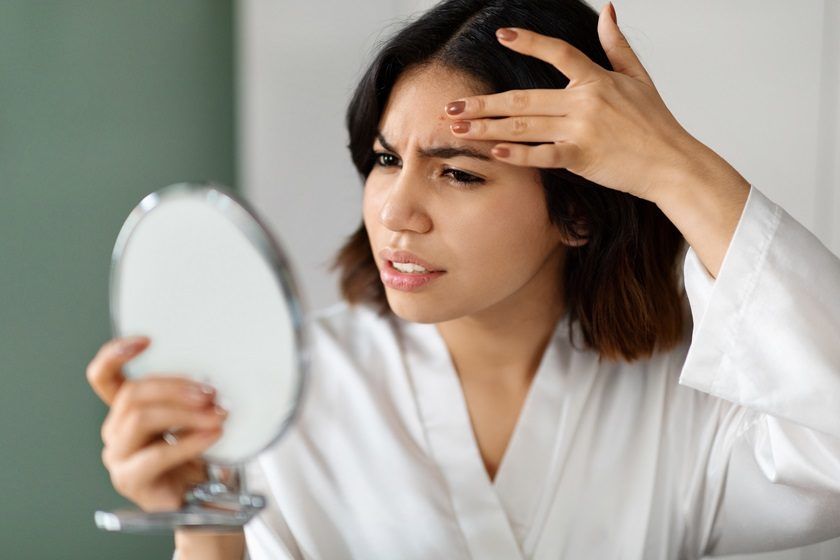
Hormones, stress levels, medications, diet and family history may also affect acne. Sometimes, acne heals and fades away organically and needs no attention. However, when it is stubborn and leads to multiple breakouts on the face, it calls for action. To tackle these pesky zits, try out these DIY face masks for acne. From soothing and anti-inflammatory recipes to antibacterial and oil-control formulas, we have something for every acne-based concern.
Best Face Masks for Acne
1. Aloe Vera Face Mask
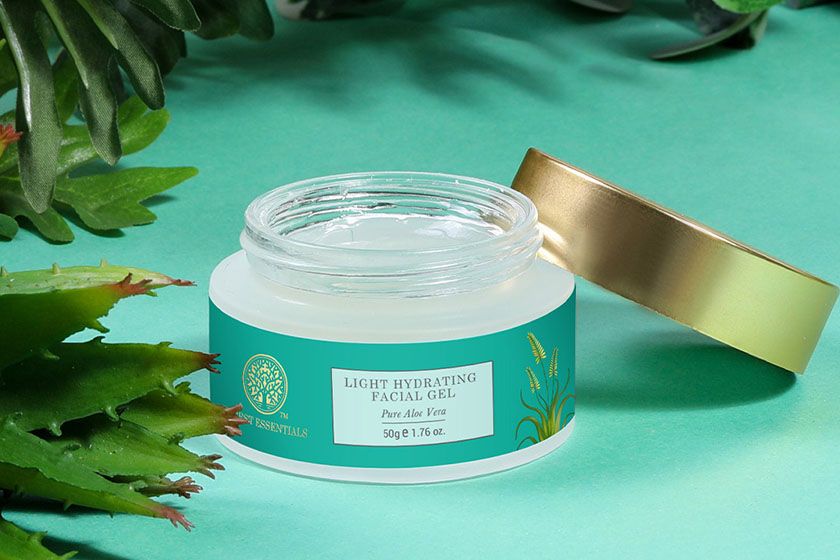
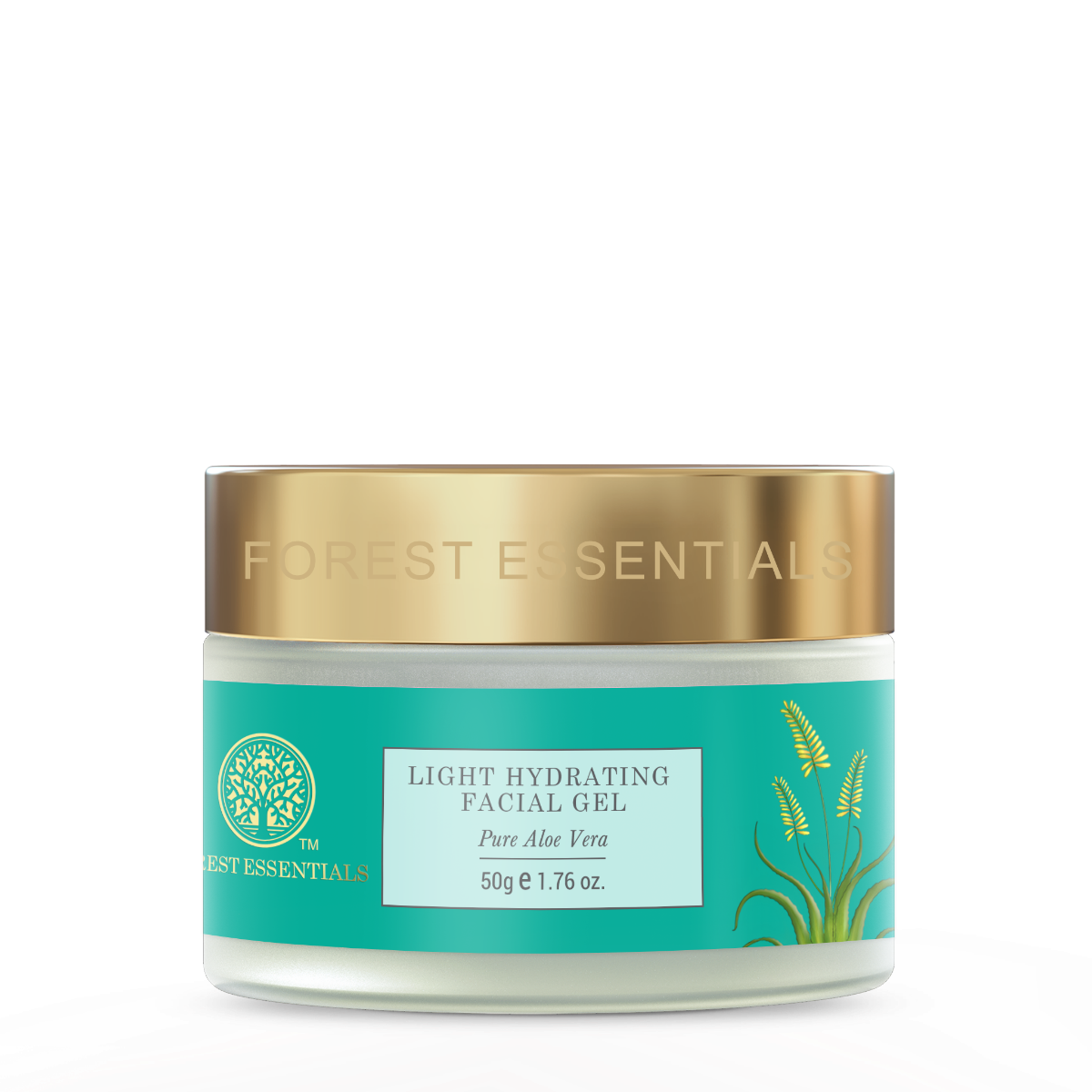
A fan-favourite since decades, Aloe Vera is a trusted skin-treating emollient, owing to its anti-bacterial and refreshing properties. Aloe Vera gel can be used topically or combined with a host of ingredients to create multi-functional masks, cleansers or exfoliators. Being naturally calming and cooling, Aloe Vera soothes and calms irritated skin while also cleansing pores and mitigating acne-causing bacteria.
Ingredients: Aloe Vera or Aloe Vera Gel, Honey & Cinnamon powder.
Method:
- Opt for one tablespoon of Forest Essentials’ Light Hydrating Facial Gel Pure Aloe Vera.
- Combine it with two tablespoons of Honey and a teaspoon of Cinnamon powder.
- Apply this paste on your face and leave it for 8-10 minutes.
2. Multani Mitti and Turmeric Clay Mask
Multani Mitti is arguably the most common face masks for acne scars in South-Asian households. This clay-textured soil is an ancient anti-acne recipe with an array of benefits. It is used as a mask to treat acne, brighten the skin complexion, reduce pigmentation, cleanse the skin, and control excess oil production.
Ingredients: Multani Mitti, Turmeric powder, Sandalwood powder & Milk/Rose water/Lemon juice.
Method:
- Combine a tablespoon of Multani Mitti with a pinch of Turmeric powder and teaspoon of Sandalwood powder.
- You can add Milk, Rose water or Lemon juice to this mixture to create a paste and apply as a face mask.
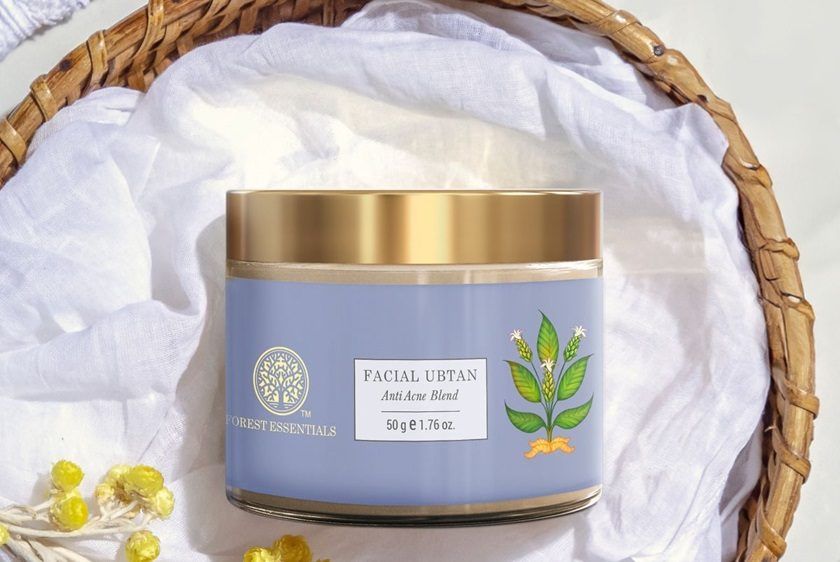
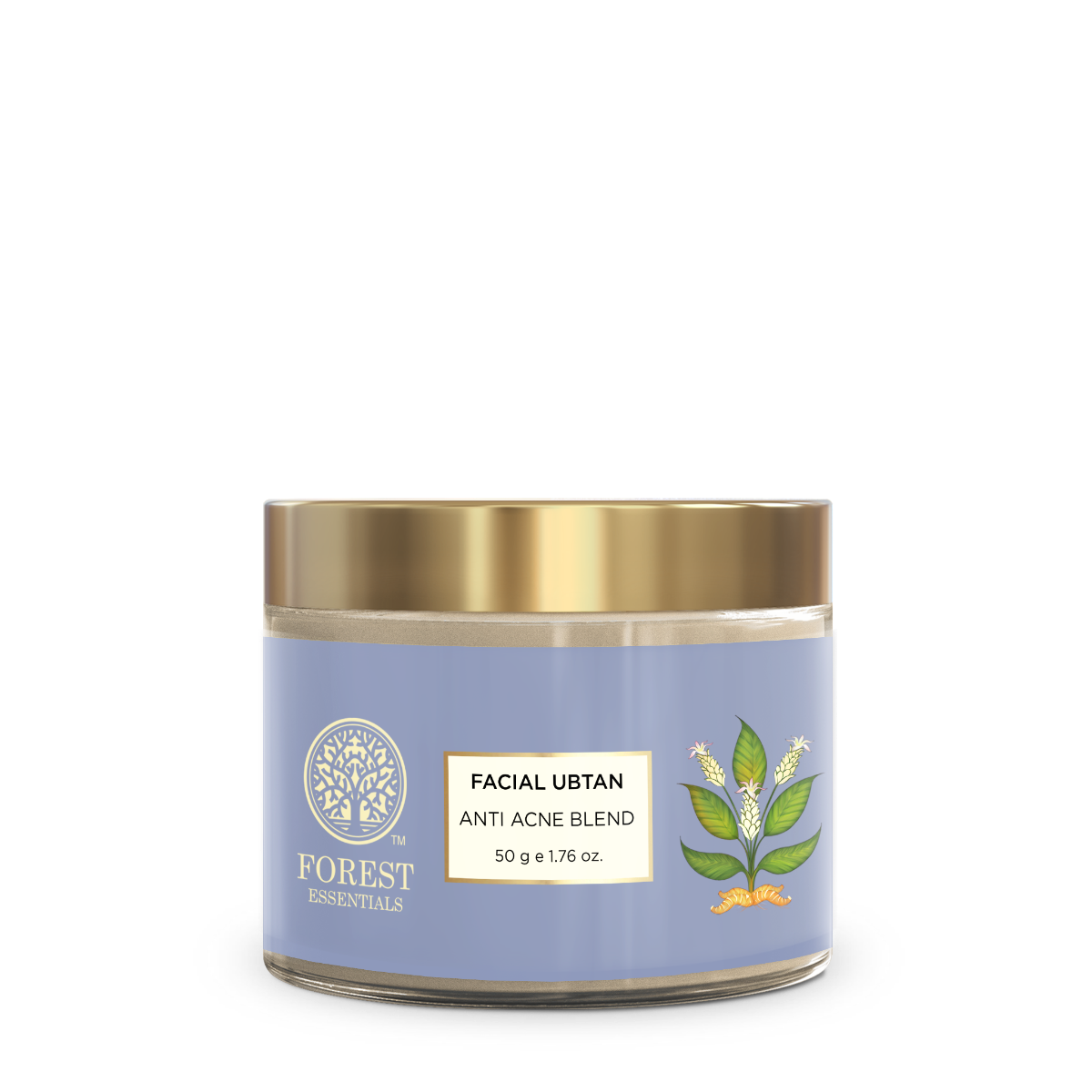
If you prefer a ready-made product, Forest Essentials’ Anti Acne Blend Facial Ubtan, containing Multani Mitti and Turmeric, is a great pick. This cleansing Ubtan is also packed with Neem, Fenugreek seeds and Lodhra.
3. Banana Face Mask
Turns out you can use mashed Bananas for more than just baked goods! A Banana face masks for acne scars is a nutrient-rich blend that nourishes the skin, while also soothing inflammation and irritation. Loaded with Potassium and Vitamin C, Bananas help brighten the skin, promote collagen production, and treat breakouts.
Ingredients: Yoghurt, Turmeric & Banana puree.
Method:
- Add one-third cup of Yoghurt and a pinch of Turmeric into a mashed Banana puree.
- Apply the paste on your face and leave it for 10 to 15 minutes. The anti-microbial and lactic-acid rich blend will deeply cleanse the skin by eliminating acne-causing bacteria and dirt.
4. Neem Face Mask
Praised by moms and grandmoms for generations, the detoxifying Neem face mask is a truly effective organic approach to skincare. Neem is rich in antioxidants and possesses antibacterial and healing properties, making it an Ayurvedic superfood.
Ingredients: Neem, Honey & Rose water.
Method:
- To prepare the mask, take a sprig of fresh Neem leaves, grind them into a fine paste.
- Blend the paste in Honey and Rose water.
- Apply this nourishing mask to your face and let it sit for 15-20 minutes before rinsing off with warm water.
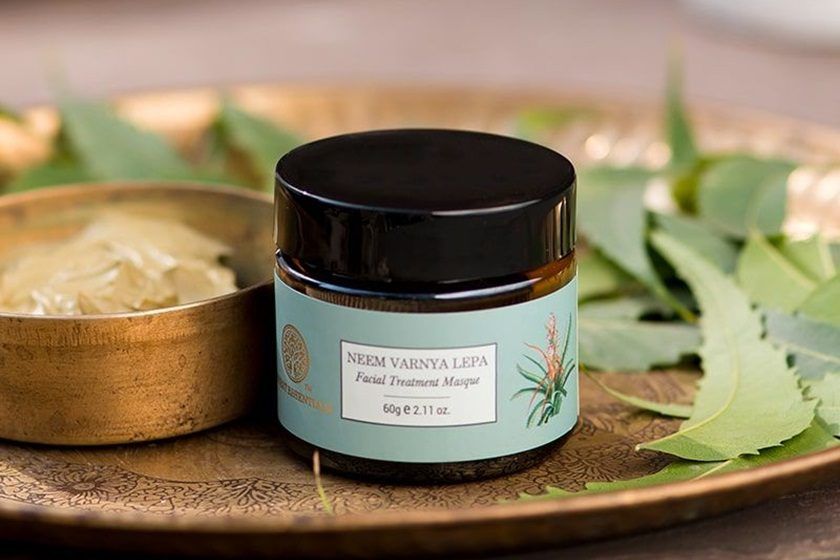
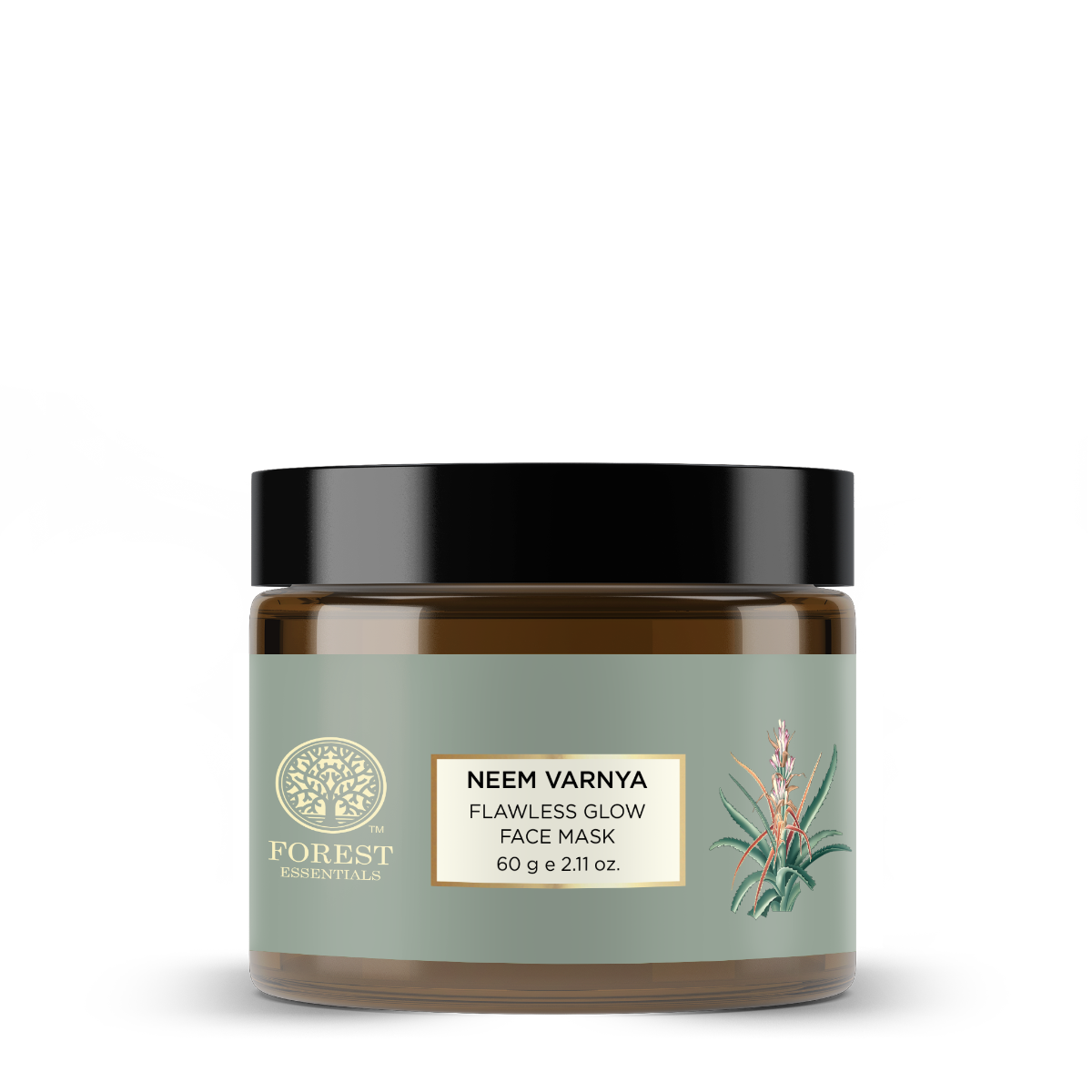
If you need a store-bought alternative, look no further than Forest Essentials’ Neem Varnya Lepa. Brimming with potent botanical herbs like Neem, Clove, Manjistha, and Shalmali, this mask is all you need to unclog pores and control sebum production.
5. Oatmeal Face Mask
A social-media favourite beauty ingredient, Oatmeal is a must-have for those with acne-prone skin.
Ingredients: Oatmeal, Baking soda & water.
Method:
- Add two tablespoons of Oatmeal in a blender and grind it to a powder.
- Put in a teaspoon of Baking soda and water to create a paste. This antioxidant rich cleansing mask will absorb excess oil, clear blackheads and help diminish acne scars.
FAQs:
Which type of face mask is best for acne?
Face masks enriched with antioxidant, antimicrobial and detoxifying ingredients are ideal for acne. Ingredients that regulate sebum production, cleanse and exfoliate the skin and lighten scars are best for acne.
Do face masks get rid of acne?
Homemade or store-bought face masks are both known to cater to skin concerns like acne and breakouts, with consistent use. Based on your skin type, patch test the product and use the mask to address the skin issues. Along with face masks, facial cleansers, moisturisers, diet regulation, and water intake also play a vital role in getting rid of acne.
Which homemade face mask is best for pimples?
Face masks with ingredients like Neem, Turmeric, Tea Tree oil, Aloe Vera, Charcoal and many others are known to work best for acne and pimples.
Can Honey remove pimples?
Honey is commonly used in at-home face masks for acne as a moisturising agent. If you have oily skin, you can skip adding Honey.
Honey is commonly used in at-home face masks for acne as a moisturising agent. If you have oily skin, you can skip adding Honey.
References:
https://www.ncbi.nlm.nih.gov/pmc/articles/PMC10626287
https://www.healthline.com/health/aloe-vera-for-acne
https://beautybybie.com/blogs/journal/7-banana-face-packs-for-all-skin-types-and-skin-concerns
https://www.india.com/lifestyle/neem-face-masks-5-homemade-neem-face-packs-for-clear-skin-2383889
